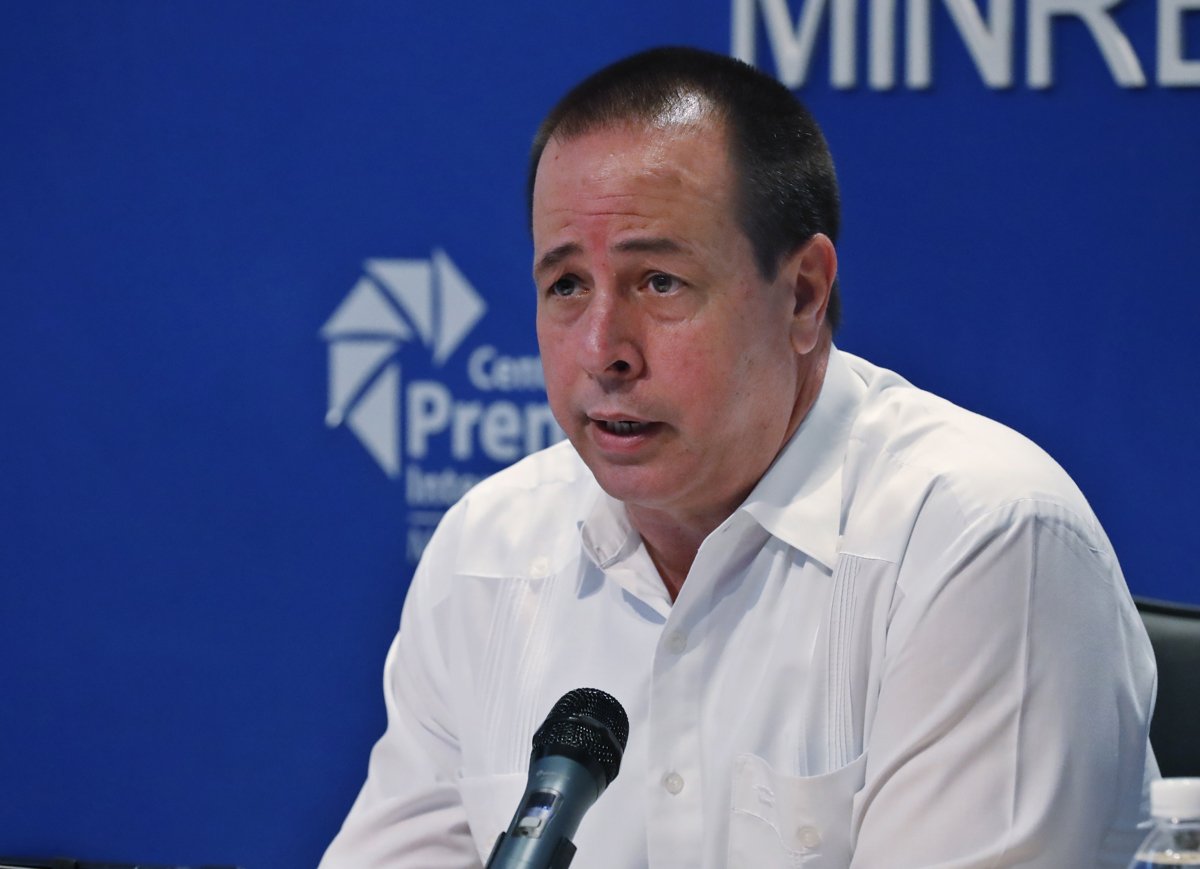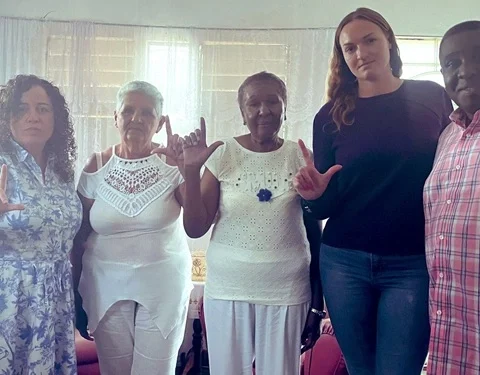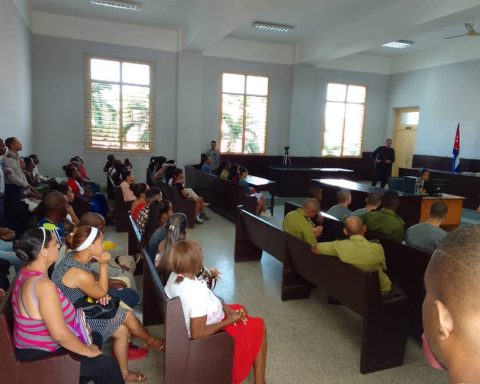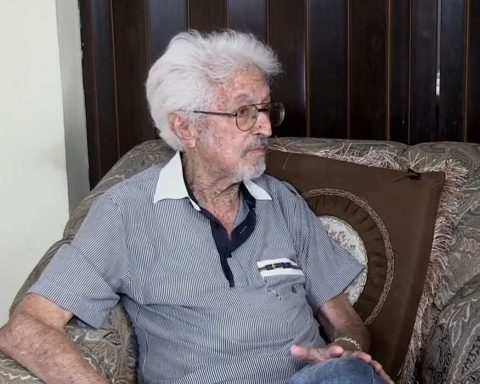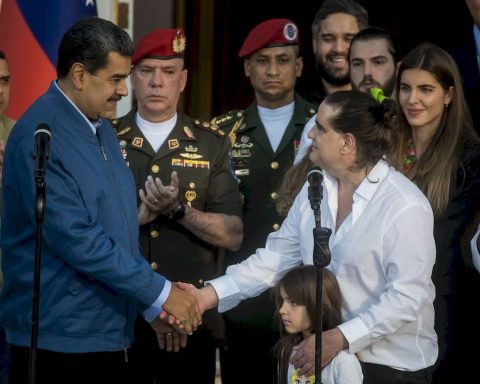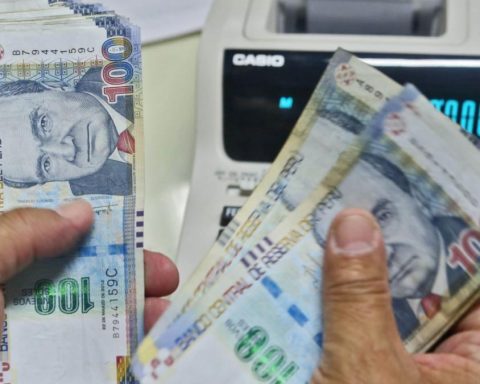Cuba has not detected so far any case of the BA.2.75 subvariant of the coronavirusknown as Centauro, as reported this Thursday by the Cuban head of Public Health, Dr. José Ángel Portal Miranda.
In a briefing to the press about the current epidemiological situation on the island, the minister assured that this subvariant belonging to the lineage of Omicron and to which a greater transmission capacity is attributed due to the mutations it presents, it has not been found in the samples systematically analyzed in the country as part of the genomic surveillance that follows the virus that causes COVID-19.
The BA.2.75 or Centauro has recently been located on a slightly larger scale in India, but also in Australia, Japan, Canada, the United States, Germany and the United Kingdom, among other countries, although little is still known about it and at the moment it does not seem more aggressive, according to experts.
Portal Miranda explained that, according to the studies carried out in this direction by the Pedro Kourí Institute of Tropical Medicine (IPK), the BA.2 subvariant of Ómicron has been the predominant one in the first half of the current year, although in recent weeks The most contagious subvariant BA.5 has been identified with a greater presence in the western provinces of Cuba.
This coincides with a slight increase in cases on the island, on which, according to the head of the Ministry of Public Health (MINSAP), Cuban authorities and specialists maintain “constant monitoring.” However, the manager assured that the situation of COVID-19 remains “under control” in the country, in which, according to official figures, there have been no deaths from the disease in the last 64 days.
At the same time, there has been a “marked decrease” in serious and critical patients, which he attributed to the strategies and protocols applied in Cuba to confront the infectious disease and, in particular, to the extensive immunization campaign carried out on the Island with its own vaccines, thanks to which, he said, 97.7% of the vaccinable population has already been immunized, while 84% have received booster doses.
Portal Miranda reported that during 2022 some 140,000 cases of the disease have been diagnosed, and that at the end of June, the transmission of COVID-19 decreased by 69.3% compared to May. And in July, even with the slight increase indicated, infections remain below 50 per day.
Even so, the minister did not rule out that a new wave of the disease could occur on the island, as is happening in other parts of the world, due to the high contagiousness of the new subvariants of the virus. In this sense, he considered “an imperative” to raise the perception of risk, while asking the population for greater responsibility and self-care.
In particular, he referred to the importance of maintaining protection measures such as the use of masks in contexts of crowds and called for reinforcing care for vulnerable groups.
In addition, the head of the MINSAP acknowledged that other respiratory viruses are circulating in the country, several of them frequent at this time of year, such as influenza and other families of coronaviruses, which are responsible for hospitalizations, serious cases and deaths, and against which the recommended protective measures to prevent COVID-19 are also effective, he said.
